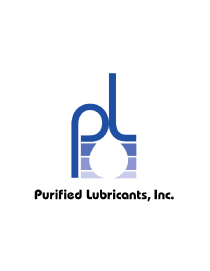Typically, there are two problems that can occur with poor sampling: either nonexistent problems are introduced by contaminating the sample while it is being extracted or a genuine problem is missed by not taking a representative sample.

Typically, there are two problems that can occur with poor sampling: either nonexistent problems are introduced by contaminating the sample while it is being extracted or a genuine problem is missed by not taking a representative sample.

Hydraulic systems are often considered perennial consumers of oil and in turn, makeup fluid is an inherent cost of operating hydraulic equipment. But what is the real cost of one or more minor fluid power leaks? To answer this question, the costs associated with the following factors need to be considered:

“What are the best ways to qualify personnel for performing lubrication tasks?”
Hiring the right people for the job is an age-old problem that has plagued employers for centuries. In today’s society, finding an individual who is hard-working and dedicated and who takes pride in his or her work can be challenging.

In lubricants, water is the second most destructive contaminant behind particles. It causes issues such as rust and decreased load-carrying capacity (film strength) in oil and also leads to permanent degradation of the lubricant. Similar to oxidation, hydrolysis is the degradation of the base oil’s molecules as a result of water. Not only can a base oil fall prey to this process, but additives are susceptible as well.

Over time, any oil analysis program can become stagnant if few or no improvements are made. This can cause the program to lose value, as it may not fully support the plant’s improvement initiatives, such as achieving certain reliability objectives. What’s worse is that the program manager may not even be aware of the decline.

